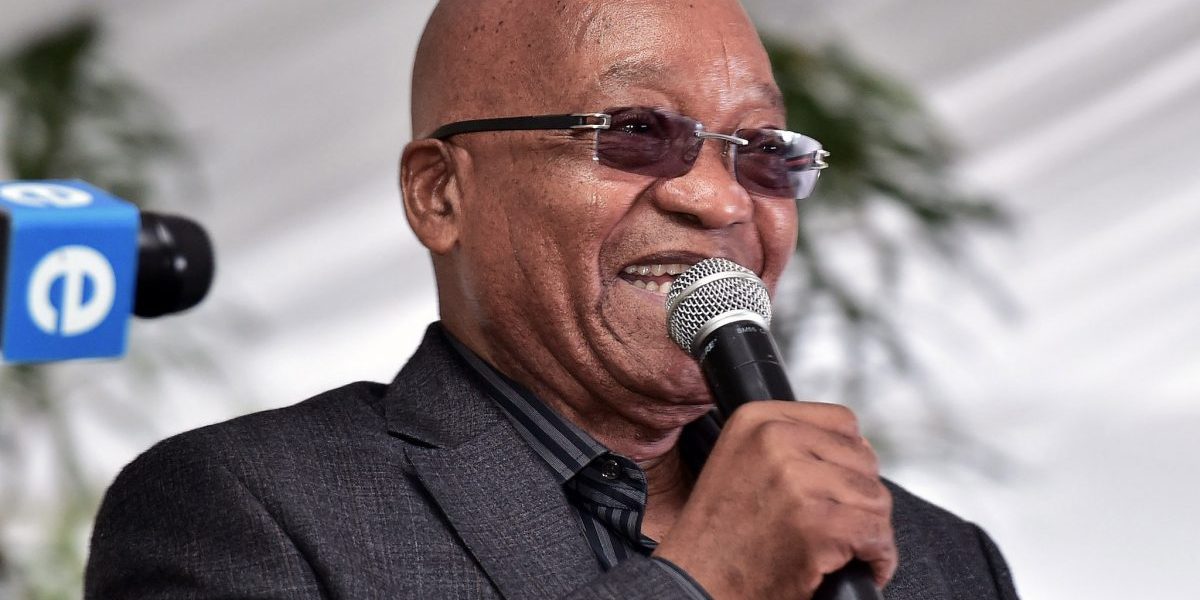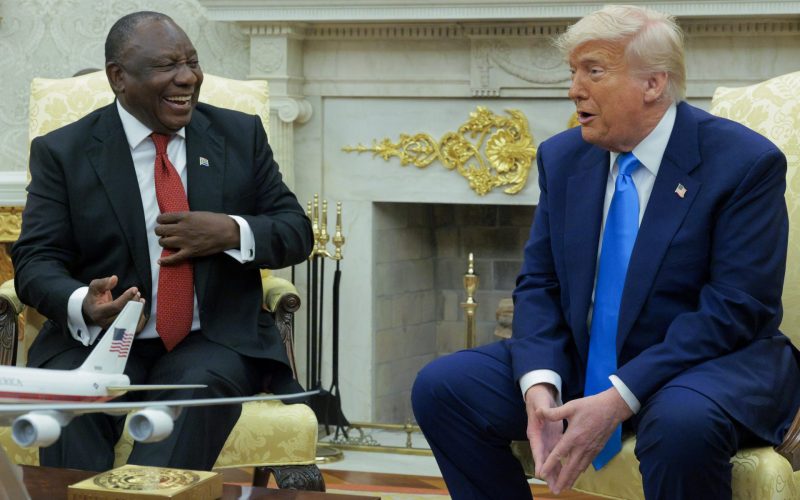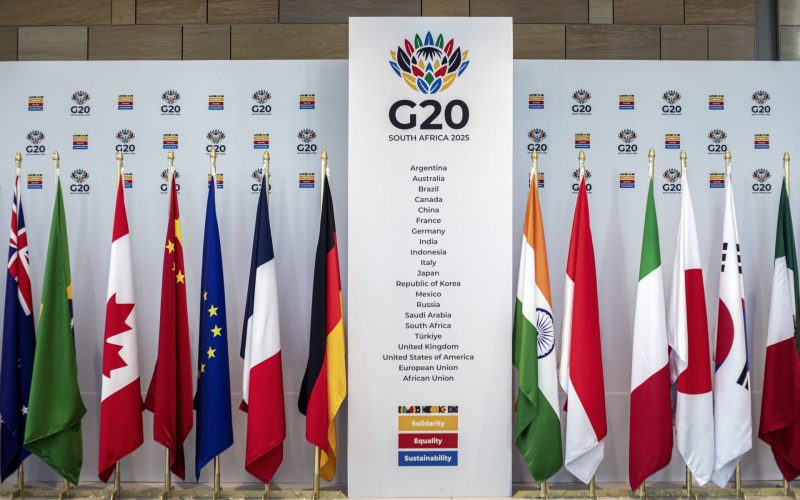Rated very low in the polls, but still facing a disorganised opposition, the re-shuffle has all the hallmarks of his opening gambit for the presidential elections next year.
But it also smacks of desperation, or as Le Monde puts it “a reshuffle under pressure”. The government was last changed only last November, and this time Sarkozy has jettisoned one of his most loyal ministerial allies, Brice Hortefeux, from the interior ministry. Furthermore, and most dramatically, it heralds an end to Michele Alliot-Marie’s tenure as foreign minister – after a controversy filled four months. She resigned hours before the re-shuffle.
While the re-shuffle was primarily driven by internal, and election related factors, policy towards the African continent has, unusually, been an important factor. Alliot Marie had come under intense pressure, both from the media and from a disgruntled diplomatic service over her ties to the ousted Ben Ali regime in Tunisia.
Her family’s business ties with his regime, and her extremely ill timed offer of crowd control training for his security forces as the crisis took hold, were the main factors that ended her short stay at the Quai d’Orsay. She has been replaced by veteran Gaullist politician Alain Juppé, who as foreign minister in 1993 – 1995, presided over the most turbulent times in France’s Africa policy. The Prime Minister Francois Fillon on the other hand, whose ties to the former Egyptian president Mubarak have also come under scrutiny, survives.
This set of incidents echoes problems the French continue to encounter in their policy to the wider continent. Sarkozy came to power in 2007 promising to reform France’s role on the continent, distorted, as he said at the time, by too many “indulgences, secrets and ambiguities”.
In many respects change has come. A tightening French budget and changing geo-strategic priorities have led France to close two of its four permanent military bases on the continent (Dakar and Abidjan, leaving just Libreville and Djibouti). Other changes in France’s relations with the continent have been driven by changing strategies of Francophone African presidents, looking for new allies in Asia and the Middle East, or by a more thorough-going rejection of the French role, as is the case among some in Cote d’Ivoire.
But, and this is where broader policy echoes problems encountered in North Africa, French policy makers seem unable to cut all their ties with authoritarian regimes. The most obvious case is that of Chad, where French military and intelligence support helped sustain President Deby in power in February 2008, but the death in custody, at exactly the same time, of the country’s leading opposition politician remains clouded in mystery.
Links to the Bongo dynasty in Gabon also raise questions of transparency, and of the role of long-standing France-Africa intermediaries such as lawyer Robert Bourgi, even after the death of president Omar Bongo in June 2009. Relations with Gabon, a major (but declining) oil supplier to France, have long been at the heart of what Sarkozy referred to as “secrets” and “ambiguities” of France’s role on the continent.
These ties to some of Africa’s least frequentable leaders explains in part the continued quandary France find itself in in Côte d’Ivoire. Accused in the past, especially in 2004 – 05 of secretly undermining Gbagbo’s government, France again finds itself in the firing line as the Ivorian president plays the anti-French card to rally his supporters. For many ordinary people, both in Côte d’Ivoire and in the rest of Francophone Africa, Gbagbo’s tactics work – they are only too willing to see France’s hand behind their political problems.
Following President Zuma’s appointment to the AU panel on Côte d’Ivoire, the heads of State of South African and France will again be discussing the country’s crisis. Their predecessors, Chirac and Mbeki, generally failed to see eye to eye on the issue, despite an otherwise healthy diplomatic, commercial and development aid relationship.
Between the more comfortable talk of cooperation on nuclear power, and of France’s very substantial planned development investments in South Africa, the two presidents will have to reconcile two different positions. While Sarkozy’s government (along with the majority of the international community) have recognised the victory of Alassane Ouattara in last November’s presidential elections, South African authorities, along with Angola and Uganda, have taken a different tack, arguing that the election results were not conclusive, and that some form of compromise is possible. The panel may or may not have issued a statement before President Zuma touches down in Paris, but in any case, the discussion will be, as diplomats say, delicate.






